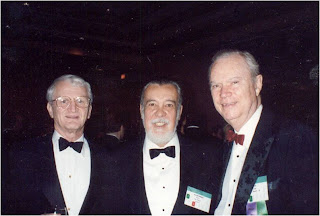Galen
(History of Medicine ... 3) Galen was a Greek physician who spent a long period of his life in Rome. He was also a philosopher and probably the most important medical researcher of his time. He was born in Pergamon in 129 and died in Rome in 200. Galen's medical theories dominated medical science for nearly two thousand years. He performed many anatomical studies, based on dissections of monkeys and pigs, and these studies were accepted until 1543, when Vesalius published his De Humani Corporis Fabrica . It must be noted that Roman law prohibited the dissection of human cadavers. In spite of his many mistakes, the descriptions that we find in his writings were extremely rich in details. We do not know whether he was a good clinical observer, because, unlike Hippocrates, who reported both his successes and his failures, Galen reported only his successes. He was also known for employing many medications derived from different plants and prepared by himself and designed many ...

